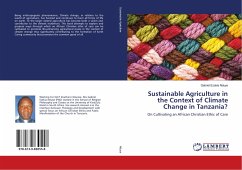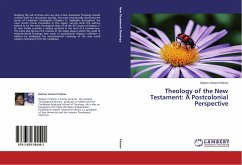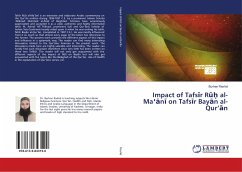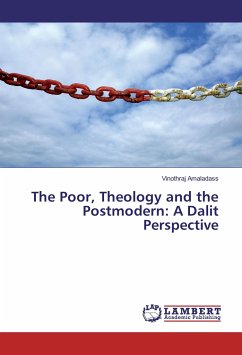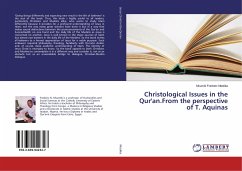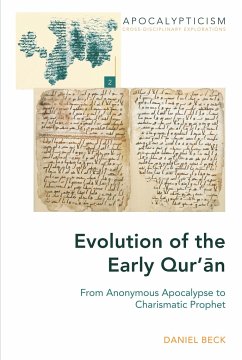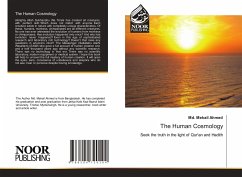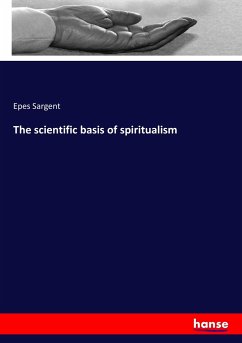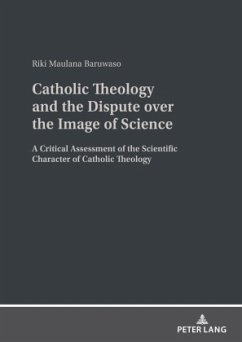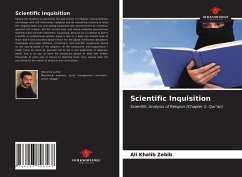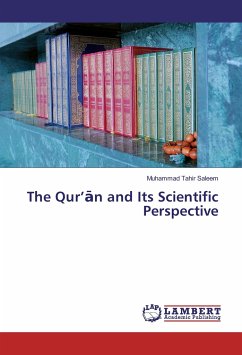
The Qur'¿n and Its Scientific Perspective
Versandkostenfrei!
Versandfertig in 6-10 Tagen
30,99 €
inkl. MwSt.

PAYBACK Punkte
15 °P sammeln!
The Qur'an, the revealed Book of Islam, encourages use of 'reason' for studying various phenomena in the universe. It inspired Muslims to develop various branches of science during the 8th to 13th centuries. That was the Golden Age of Islam when Europe was still steeped in the Dark Age. The scientific knowledge of Muslims sparked later the flame of renaissance in Europe and laid the foundation of modern science. However, as Muslims forsook 'reason' and disdained scientific knowledge under the influence of conservative clergy they fell behind the global developments in knowledge and became out ...
The Qur'an, the revealed Book of Islam, encourages use of 'reason' for studying various phenomena in the universe. It inspired Muslims to develop various branches of science during the 8th to 13th centuries. That was the Golden Age of Islam when Europe was still steeped in the Dark Age. The scientific knowledge of Muslims sparked later the flame of renaissance in Europe and laid the foundation of modern science. However, as Muslims forsook 'reason' and disdained scientific knowledge under the influence of conservative clergy they fell behind the global developments in knowledge and became out of sync with history. The present work argues that the Qur'an encourages research for truth through reason and reflection. The book focuses on the scientific approach of the Qur'an in general, and agriculture in particular. It pleads for a fresh look on the present dogmatic approach of Muslims to catch up with the West in the field of science. The book is intended for people of all faiths and would be of interest to, researchers, teachers and student.



